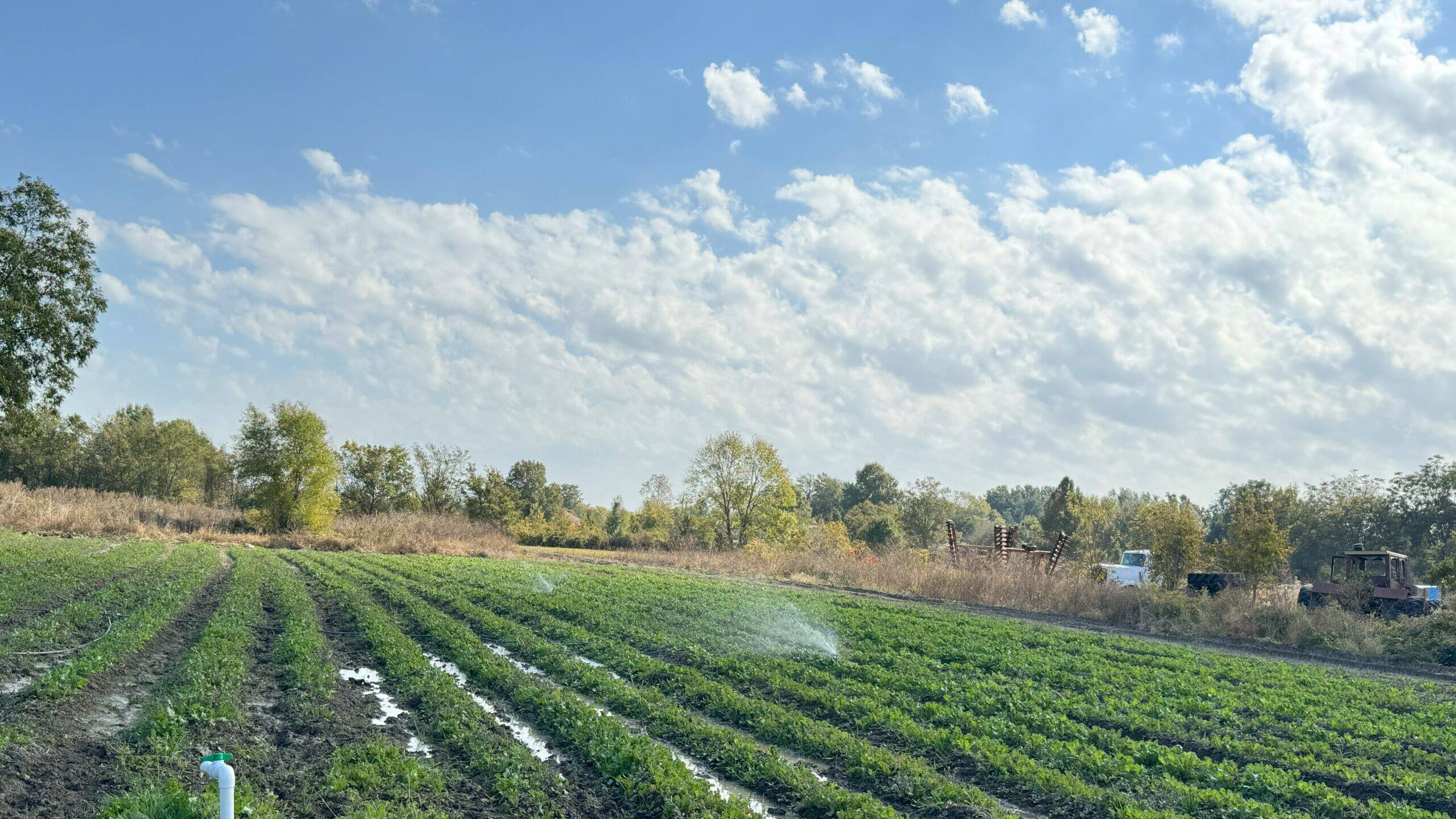Small farmers play a vital role in rural communities and local food systems, yet many face significant challenges in accessing the financing needed to grow their operations. To address this gap, Communities Unlimited (CU) has launched the Small Farm Lending Program, a funding initiative designed to support small-scale farmers across its seven-state footprint in Alabama, Arkansas, Louisiana, Mississippi, Oklahoma, Tennessee, and Texas.
“Communities Unlimited is excited to announce the Small Farm Lending Program,” said Debra Williams, Area Director of Lending at Communities Unlimited. “We know that small farmers are the backbone of our food chain and our country. Whether you’re a backyard farmer needing $3,500 for a high tunnel to grow produce for your community or a small-scale wheat, milo, or dairy farmer needing equipment, we have funding to support you.”
"Our goal is to ensure that small farmers have access to the capital they need to thrive.”
Many small farmers operate under cost-reimbursement models, requiring them to cover expenses upfront before receiving reimbursement. This creates cash flow strain and limits their ability to scale operations. CU’s Small Farm Lending Program bridges this gap by offering competitive financing. This allows for farmers to purchase equipment, expand production, and access new markets without waiting for grant reimbursements or struggling with high-interest debt.

This program offers:
- Loan amounts based on business needs – from as little as $3,500 for a backyard high tunnel to larger equipment loan amounts of up to $200,000 for small-scale row crop, dairy, or livestock farms.
- Competitive interest rates and flexible terms – including up to 5-year repayment periods, a 1.5% to 3% origination fee, and a 90-day interest-only period (if deemed necessary for the health of the business).
- Capacity-building opportunities – access to CU’s technical assistance through its Healthy Foods and Entrepreneurship Teams, including business planning, financial projections, and market expansion strategies.
To qualify, farmers must have:
- At least one year of experience
- Reliable buyers or contracts
- A recent history of responsible debt management
Required documentation includes a completed application, tax returns (if available), financial statements, organizational documents, and a business checking account.

